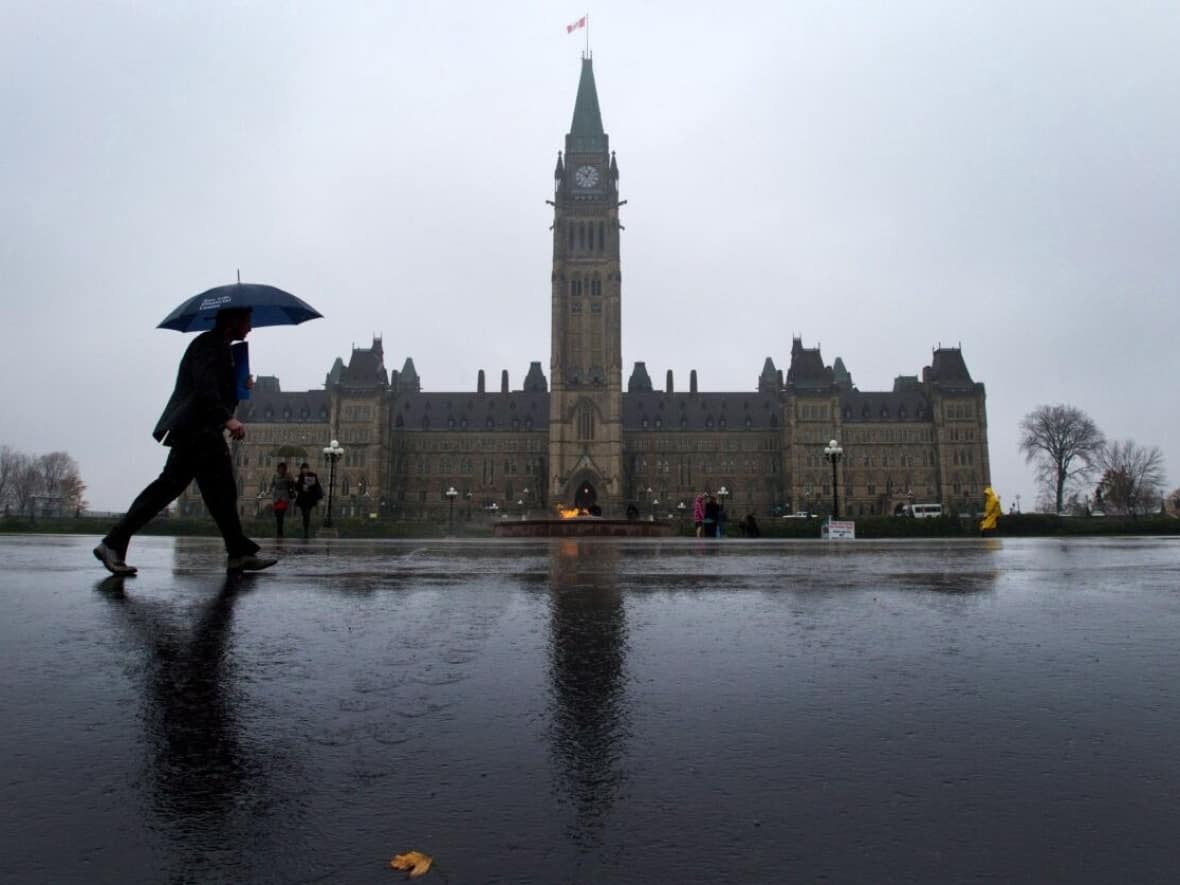Majority of Albertans support federal equalization program, survey suggests

Alberta's referendum on equalization had little influence on Canadians' support for the program, concludes a new national survey report released today.
Responses to the Confederation for Tomorrow survey, conducted online and by phone, suggest three-quarters of Canadians and 57 per cent of Albertans support equalization.
The survey included 5,461 adults and was conducted in January and February.
It's the fourth consecutive year that the poll has been done and the results haven't changed appreciably in that time for most measures, said Andrew Parkin, executive director of the Environics Institute for Survey Research.
The result comes five months after Alberta's 2021 civic election suggested otherwise. The Oct. 18 referendum saw 62 per cent of voters support the removal of a Constitutional clause that commits Canada to the principle of equalization transfers to have-not provinces. Alberta cannot make that change unilaterally.
Equalization sees some tax money collected by the federal government redistributed from wealthier provinces to lower-income ones to ensure a basic level of service for all.
Premier Jason Kenney has said Alberta has concerns over billions of dollars its residents pay, while provinces such as British Columbia and Quebec obstruct oil and pipeline projects that underpin that wealth.
Test of referendum's impact
Parkin thought that the referendum and campaign leading up to it would have moved the needle on the issue inside Alberta or elsewhere in the country.
"This program has withstood this period of scrutiny and criticism and still come out as something that Canadians favour," he said Monday.
The Environics Institute collaborated with the Canada West Foundation, St. Francis Xavier University, the Centre of Excellence on the Canadian Federation and Centre D'Analyse Politique Constitution Fédéralism on the research.
After the October referendum, Premier Jason Kenney said the result sent a "powerful" message to the federal government to negotiate equalization changes that could be fairer to provinces like Alberta, with boom-and-bust economies tied to commodities.
According to the survey, only about one-third of Canadians — and 46 per cent of Albertans — want to restart constitutional talks to change equalization.
"It means the case hasn't been made as widely as maybe the premier would want to have it made," Parkin said.
Alberta had the largest proportion of respondents who correctly knew the province does not receive money through equalization. However, more than half of Albertans either thought the province does receive transfers or weren't sure.
Parkin says he was surprised the referendum didn't do more to improve the public's understanding of the program.
There is no margin of error for the results, as most of the survey was conducted online.
'Symbol of grievances'
Independent MLA Drew Barnes, who was voted out of the United Conservative Party caucus last year, said he's frustrated by the government's silence on equalization since the legislature ratified the referendum result in November.
"We've got a premier focused on his political life rather than the future and the financial health of our families," Barnes said of Kenney's upcoming party leadership review.
Barnes said Kenney should be pushing harder for a provincial police force, a provincial pension plan and Alberta's own taxation system to put more pressure on Ottawa.
University of Calgary economics professor Trevor Tombe says the referendum was never about the merits of equalization and he's unsurprised it didn't sway public opinion.
"It was a symbol of grievances that touched on a host of other issues, from pipelines to provincial deficits," Tombe said.
Although the government has said the referendum result should give them more leverage in negotiations with Ottawa, Tombe said that hasn't been the result.
With oil and gas revenues gushing back into provincial coffers, there's little reason for the Alberta government to flog the feds for its economic woes, he said.
In an email, Kenney's press secretary Justin Brattinga pointed to an Ipsos survey in the government's Fair Deal Panel report that found two-thirds of Albertans felt the province doesn't get a fair shake from Confederation.
The majority of Canadians support equalization because their provinces are benefiting from it, he said.
"In Alberta, we are elected to represent Albertans and the views of Albertans, and that's exactly what we are doing," he said.


